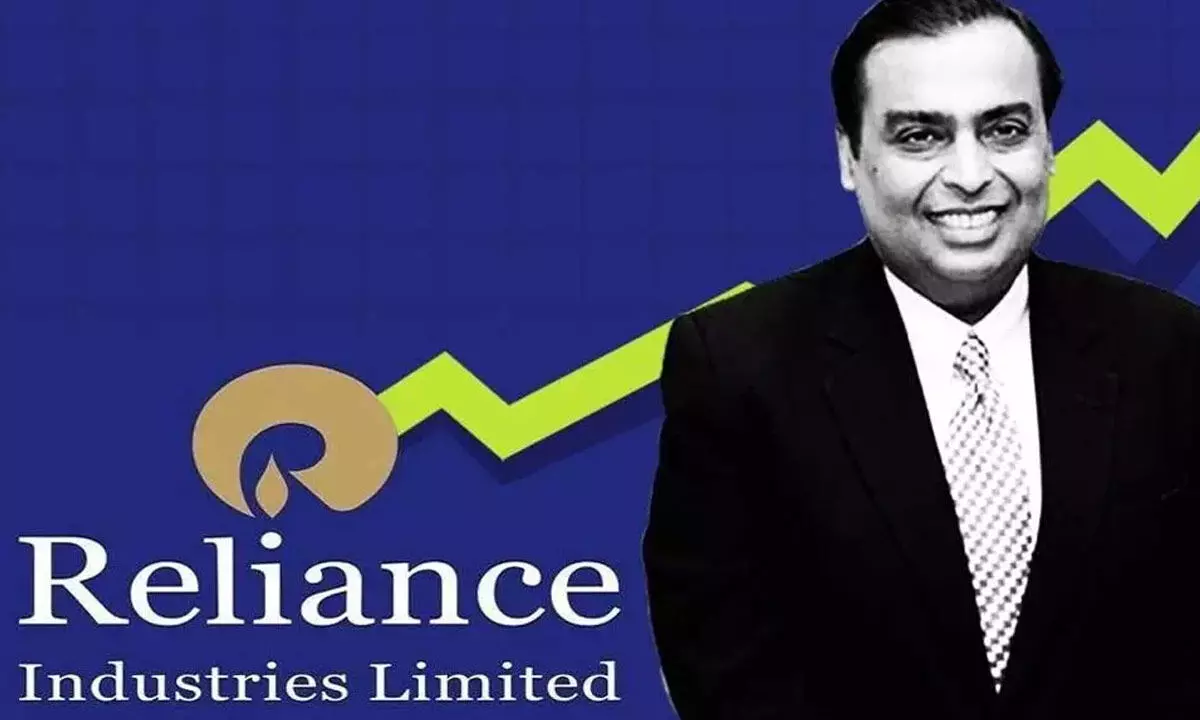RIL's 4th capex cycle of $50 bn to double earnings

RIL’s 4th capex cycle of $50 bn to double earnings
Reliance Ind spending on chemicals, 5G, retail and new energy over next 3 yrs;Underappreciated energy tailwinds and the biz potential to double profits by 2027: Morgan Stanley
New Delhi: Reliance Industries Ltd's(RIL) fourth investment cycle of an estimated $50 billion spending over the next three years could help the firm double its earnings, a report said.
The firm's fourth investment cycle this century has significant differences to past cycles, underappreciated energy tailwinds and the potential to double profits by 2027," Morgan Stanley said in a report. The spending is planned on chemicals, 5G, retail and new energy over the next three years. Reliance's first investment cycle was focused on petrochemical project commissioning in the late 1990s and early 2000. The second investment four years later was targeting oil refining and oil and gas field development while the third was focused on telecom. "Past investment cycles have led to $60-70 billion in shareholder value creation as it has taken aggressive steps to reshape its earnings profile for the next decade," it said.
"While every investment cycle had projects that worked and also those that had to be eventually impaired or written off, we believe Reliance is better placed for the next investment cycle that will incorporate a $50 billion outlay for the next three years and up to $75 billion by 2027."
A third of this investment is seen going into each of the energy and new energy businesses, with telecom and retail accounting for the remainder. However retail, telecom and new energy will likely be more front-loaded in the next two years with about 25 per cent of total investments in each of the verticals over the next three years, the report said.
"After deleveraging in F22, Reliance increased its investments in the last quarter to $16 billion per annum run rate - similar to the peak of the last investment cycle.








